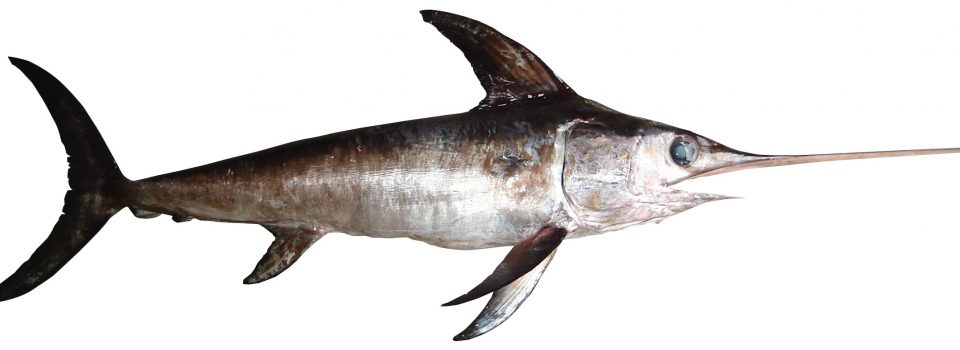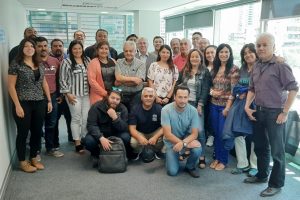Chilean highly migratory resources data collection challenge.
February 14th, 2020Currently in Chile there are highly migratory fish fisheries, which are developed inside and outside the Chilea Economic Zone, such as swordfish and goldfish, and as an accompanying fauna, oceanic sharks are caught, and a high diversity of bony fish. The administration of these fisheries is a challenge since they constitute complex socio-economic systems, in which they interact with high-altitude fleets of the European Union, Japan, Taiwan and other countries. Chile needs to generate scientific information in order to know fleets dynamics , populations and ecological interactions in pelagic ecosystems. IFOP is aware of the fisheries researchrole has reinforcing information collection on these species both at their landing ports and aboard craft craft boats.
Scientific observers Workshop
Between January 28th and 30th in Viña del Mar, within ASIPA Project – Monitoring of fisheries of highly migratory resources annual activities framework. Biological fisheries aspects 2020, the 2020 Scientific Observer Training Workshop was held.
The Scientific Observers are technicians and professionals trained to collect data on fishing activities and captured species biological samples, based on this information, IFOP scientists generate fisheries knowledge and provide scientific advice required by the country’s fishing institutions ; in particular, the one requested by the Undersecretariat of Fisheries and Aquaculture, for highly migratory fisheries sustainable management.
Dr. Patricia Zárate explained “Among scientific observers carried out activities are bycatch registry of sea turtles, birds and mammals and marine mammals sighting aboard fixed design platforms. These activities are carried out under ASIPA Project – Highly Migratory Resources Monitoring. Ecosystemic Approach. During January 30th, 2019 results were reviewed and later presentations and discussions related to the identification of species, biological monitoring and sampling for the year 2020 were made.
These Scientific Observers conversation opportunities are fundamental, on the one hand, to know challenges and problems of their work aboard the vessels of the fishing fleets and, on the other hand, to reinforce their knowledge. The Scientific Observers are the basis of scientific research carried out in the Institute and therefore it is very important that they collect the information in the best way ”.
Patricio Barría researcher and head of the first project referred to the workshop, said that “it is an annual planning activity, with the purpose that scientific observers become aware of the objective of the project and the scientific and technical challenges. The demand for scientific information every day is greater, because they are fisheries managed in the country and also associated with the Inter-American Tropical Tuna Commission (IATTC) in which certain quality standards must be met, as well as additional information requirements that complement fishing activity. In addition, he emphasized the important work carried out by Scientific Observers as it is a demanding task that is not risk-free, such as the monitoring of high seas fisheries, and it is crucial and irreplaceable to be able to advise the sectoral authority to scientifically substantiate the regulation and the fishing system ”.

